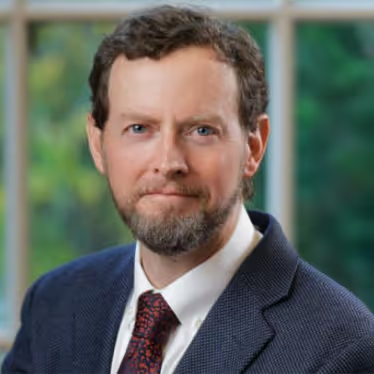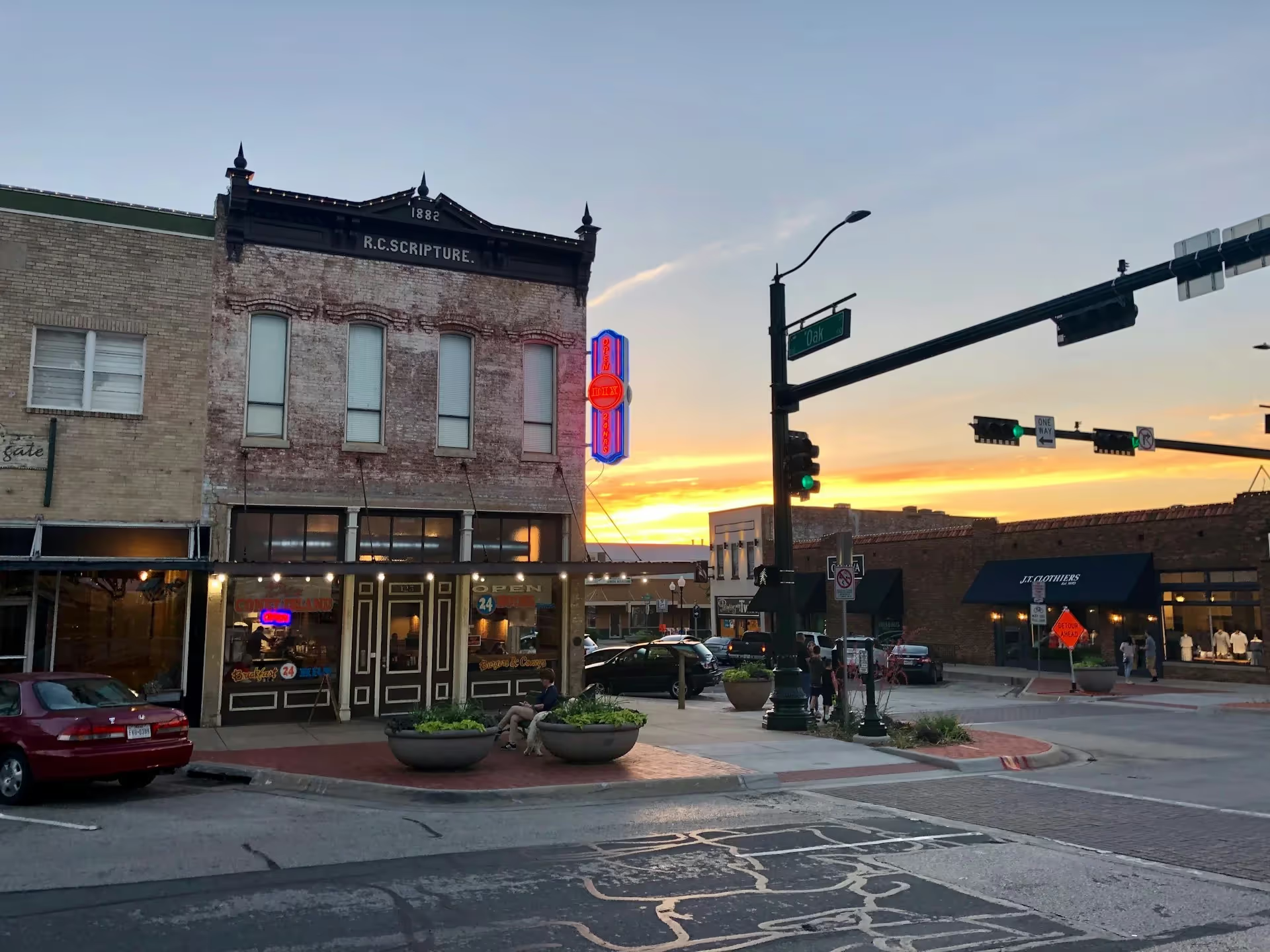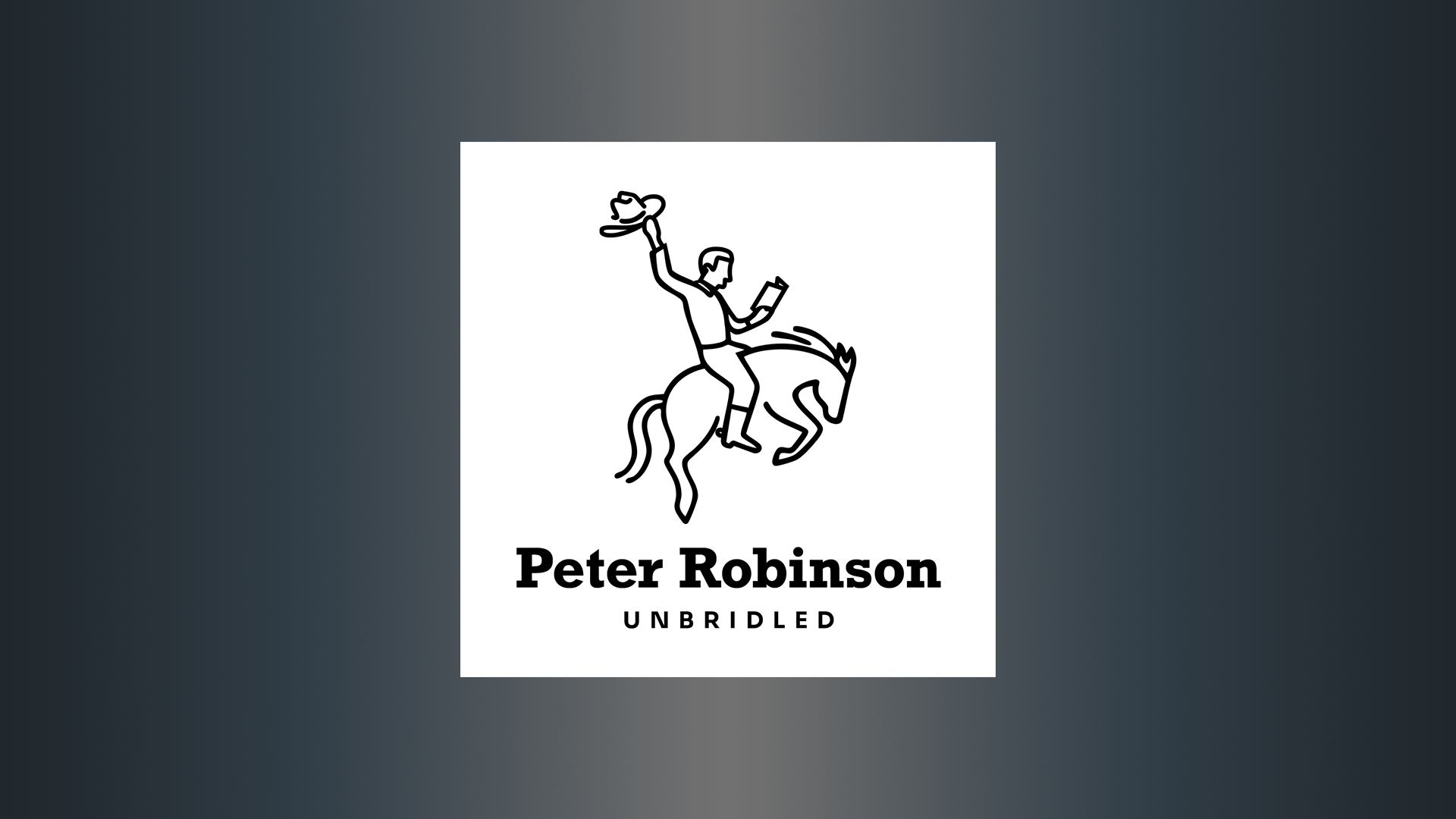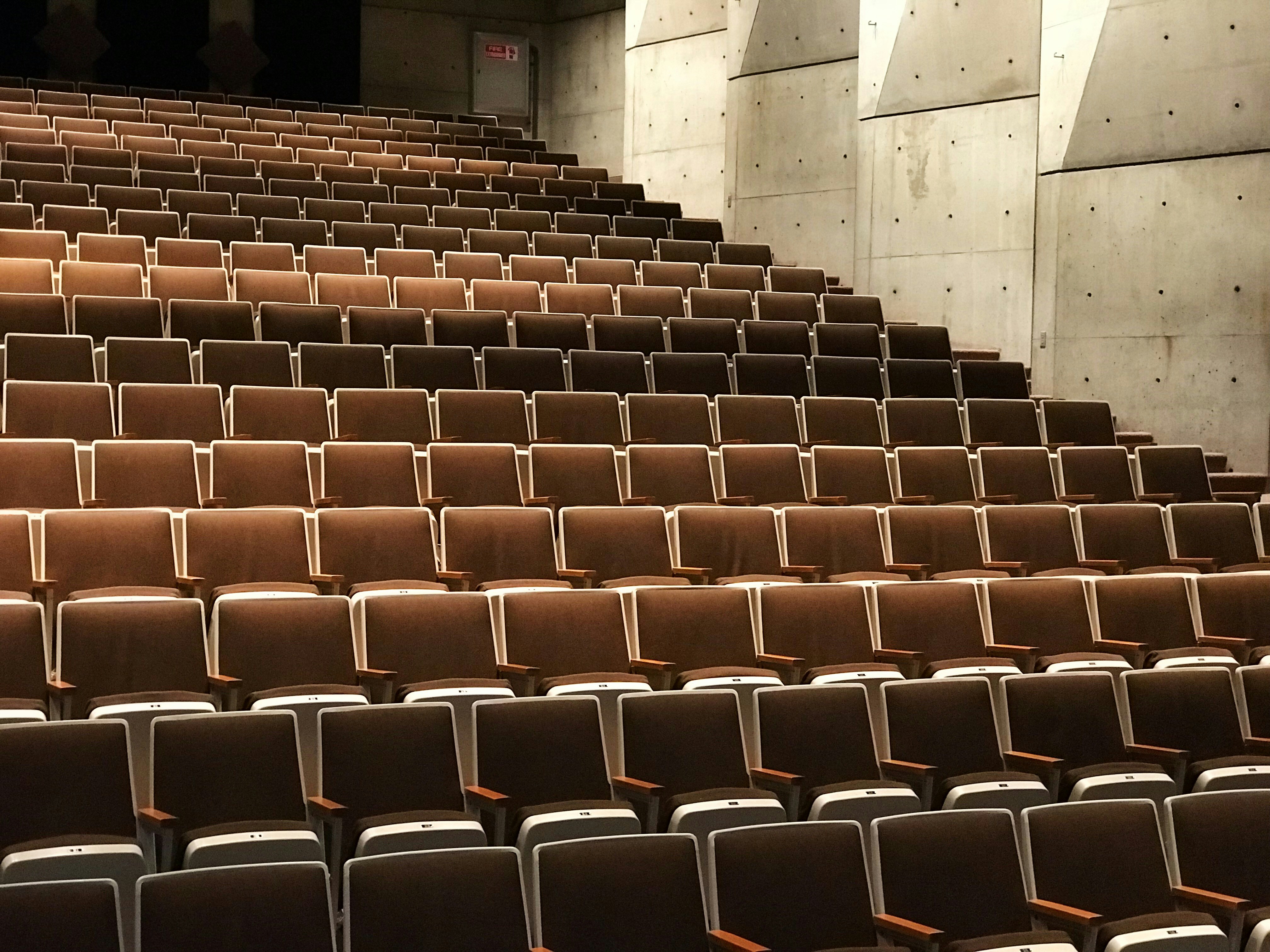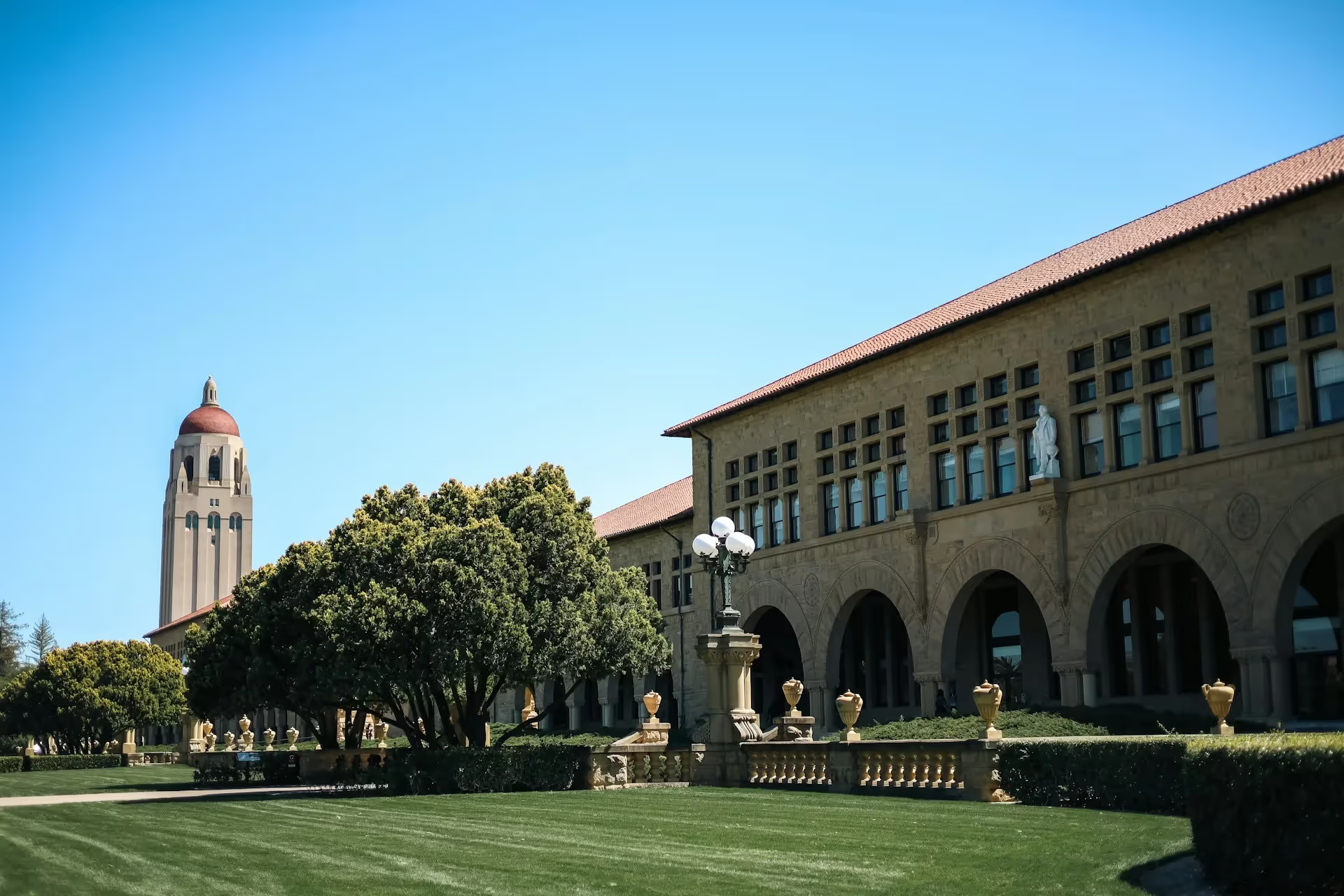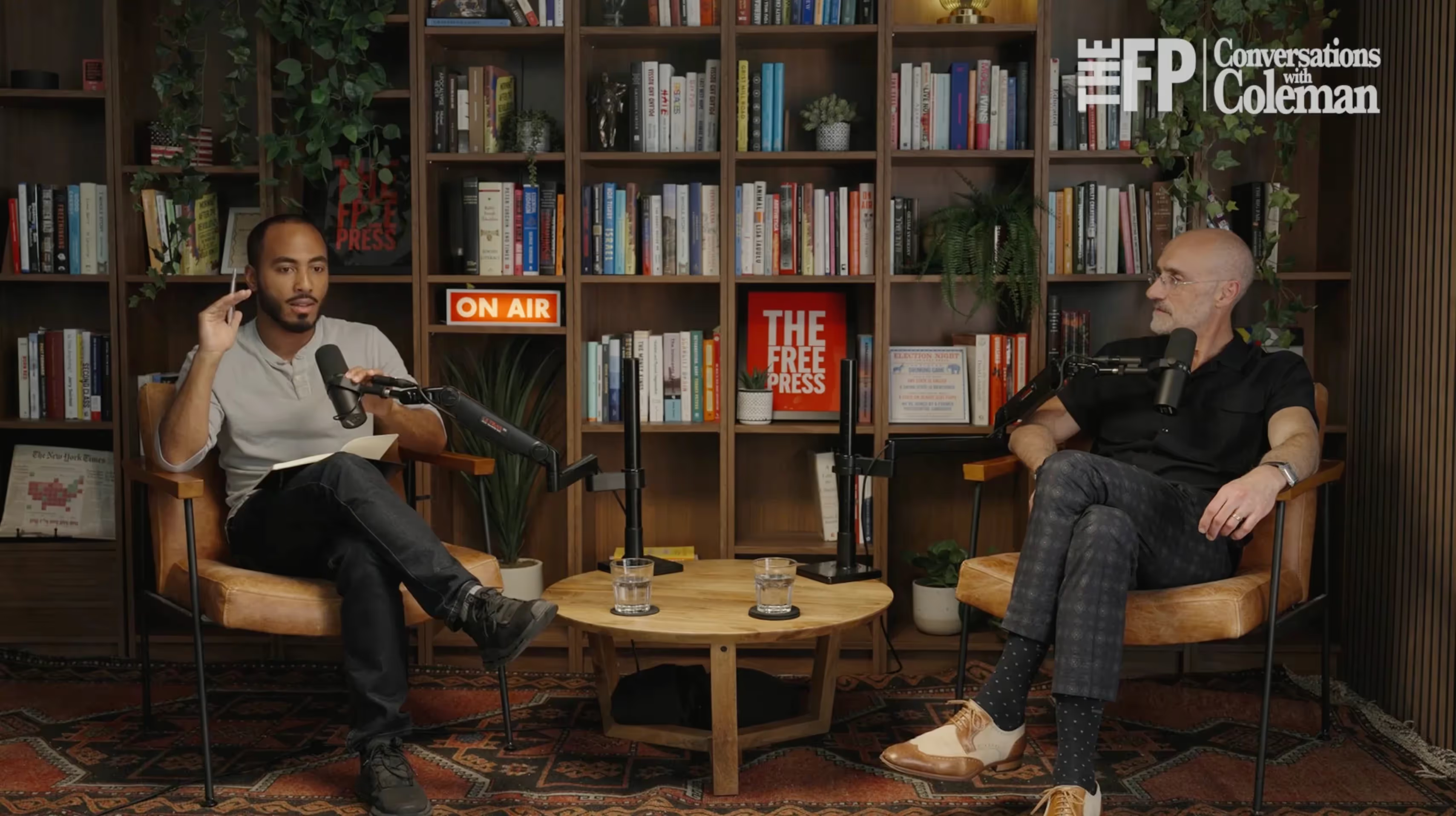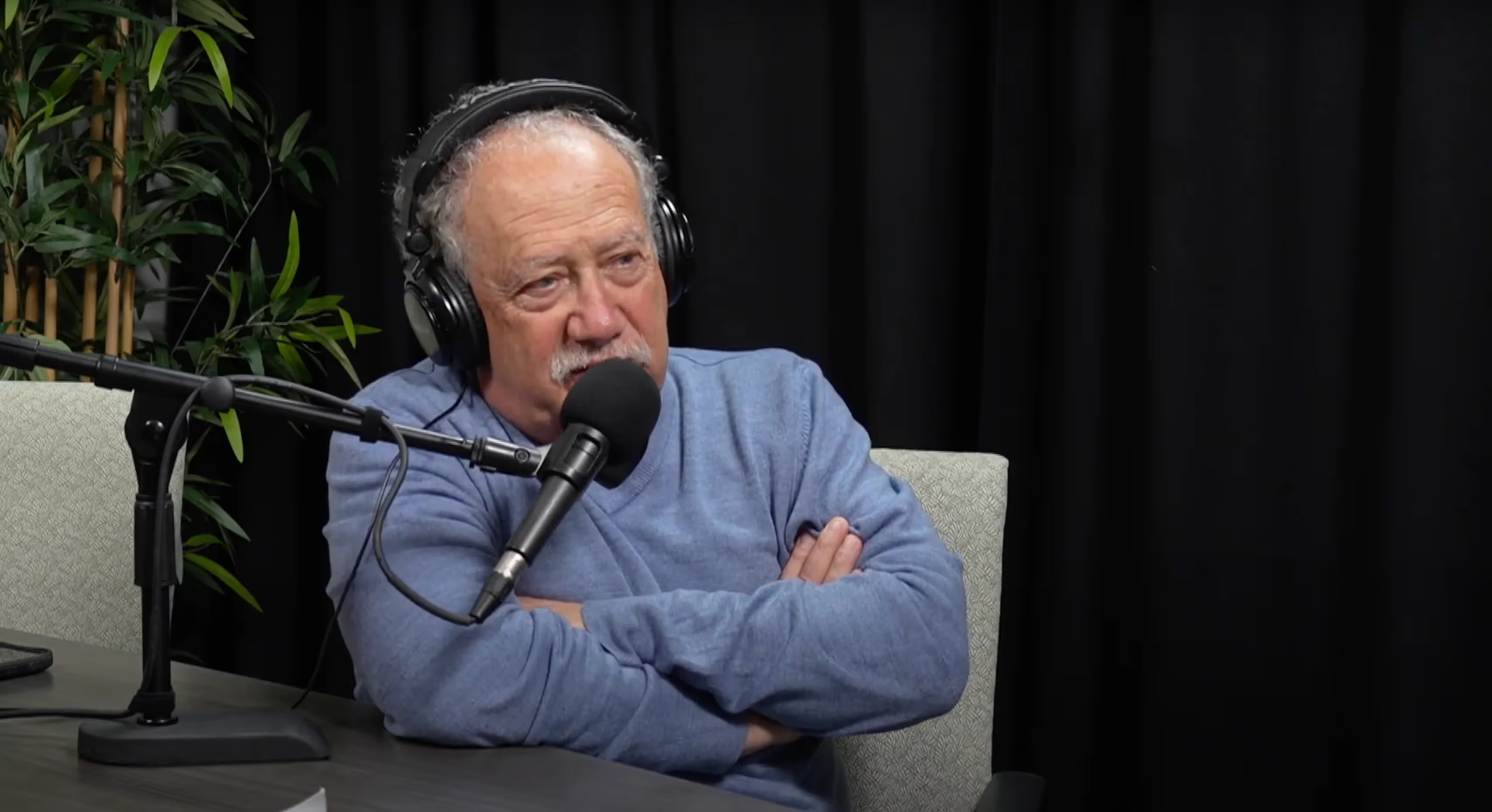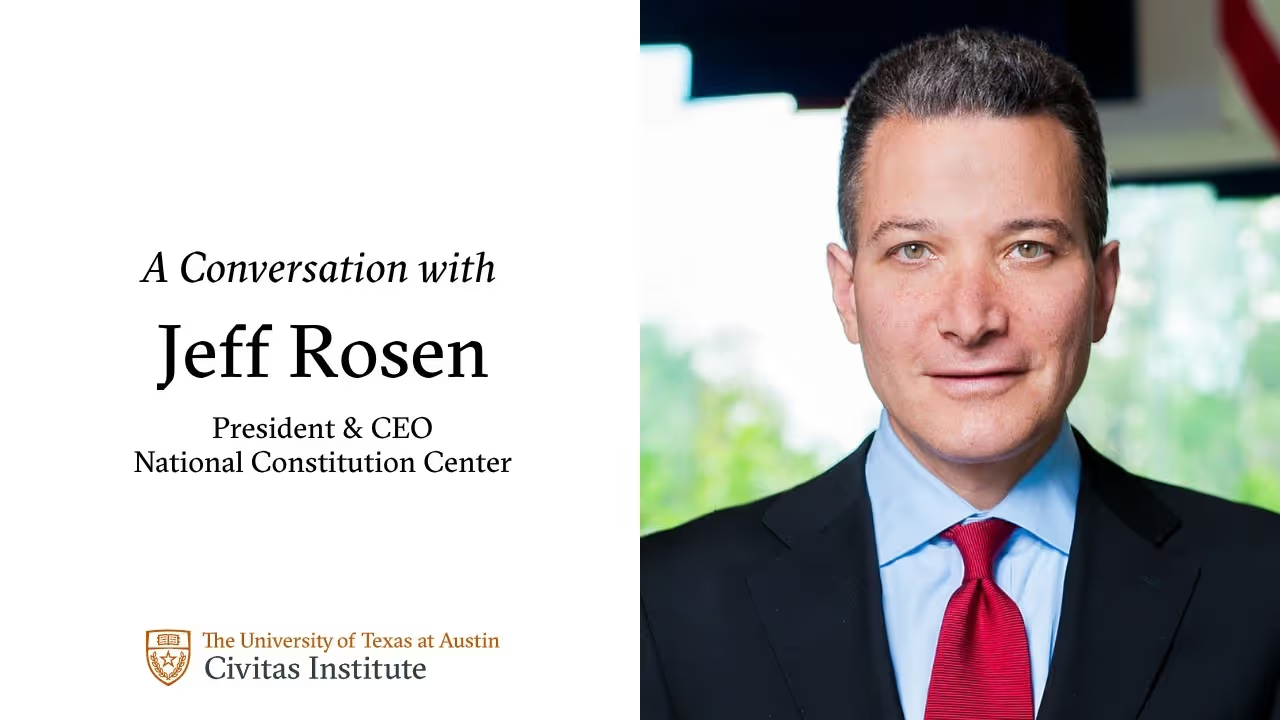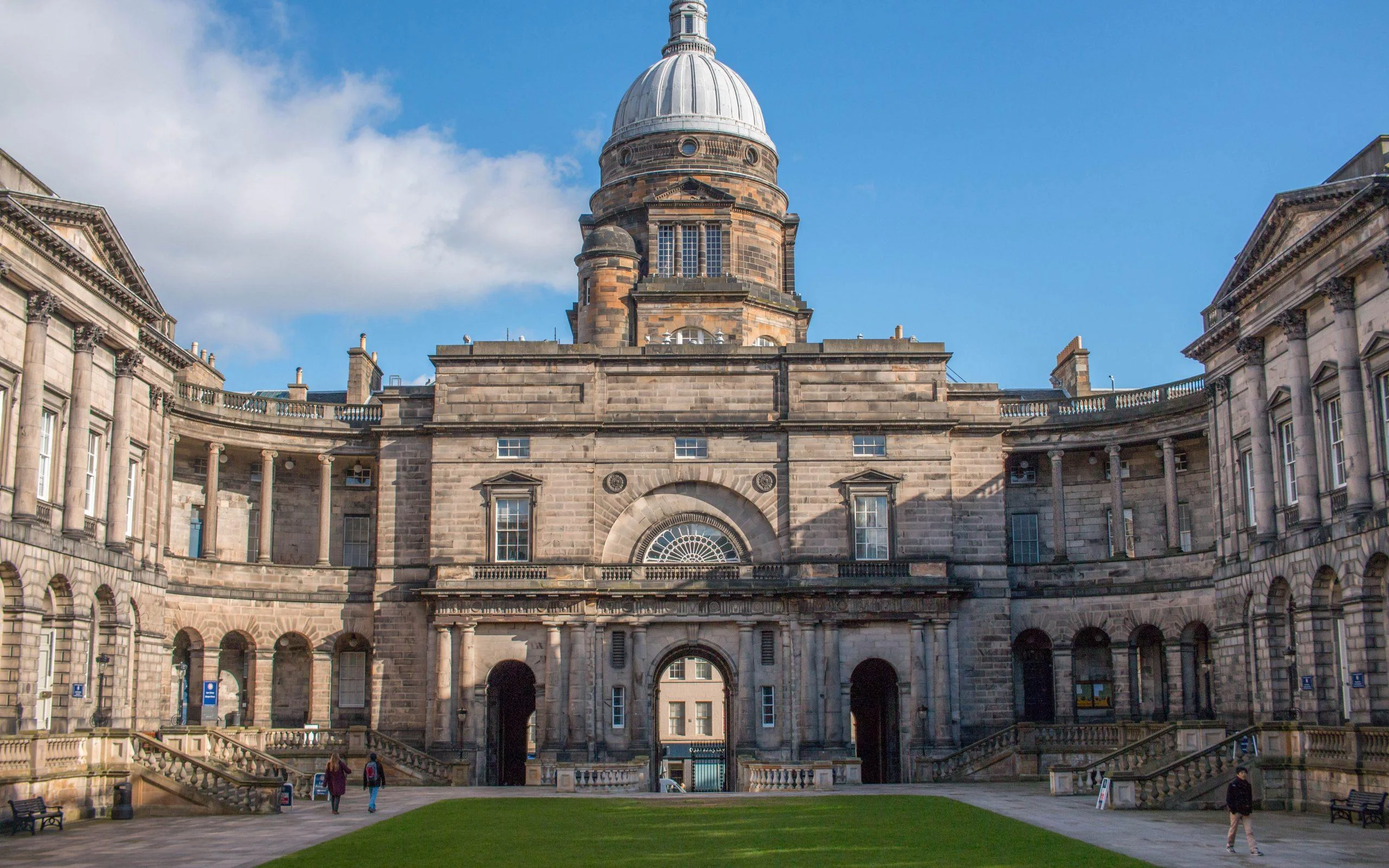
Faculty Viewpoint Diversity: An Instant Fix
To gain the trust of wary faculty, presidents need not only to set out a firm and precise understanding of the campus environment they would like to foster, but also to back up those words with consistent and determined action.
Our recent piece, “How to Broaden the Academic Tent,” presented short-term, medium-term, and long-term strategies for bringing about greater viewpoint diversity in university faculty. To those options, we’d like to add a fourth. There is an almost instant countermeasure to the relentless leftward press of the faculty, which has frustrated proponents of vibrant campus argument for decades.
This strategy is based on the premise that there are a number of faculty on the unorthodox left, the center-right, and probably even the far right already working on most campuses. Such people often go unknown, unseen, and unheard. They don’t speak up in faculty meetings, because it seems pointless and self-destructive. They often refrain from saying anything that might give them away, even in private conversation with otherwise trusted colleagues. Why put job security and relative peace at risk, when the odds of actually changing anything are vanishingly small?
Our supposition that most campuses harbor several such faculty, who, if drawn out, could provide a quick boost to viewpoint diversity is only a hypothesis. But that hypothesis is based on extensive survey evidence and long experience as faculty. As openly conservative professors on campus, we would receive private notes of support for our positions on academic matters from colleagues who bit their tongues in meetings. As James Hankins recently put it, many professors can hardly wait to “unload their disgust with the latest activist outrages.” What if the campus environment made speaking up both safe and productive?
Pursuit of Happiness
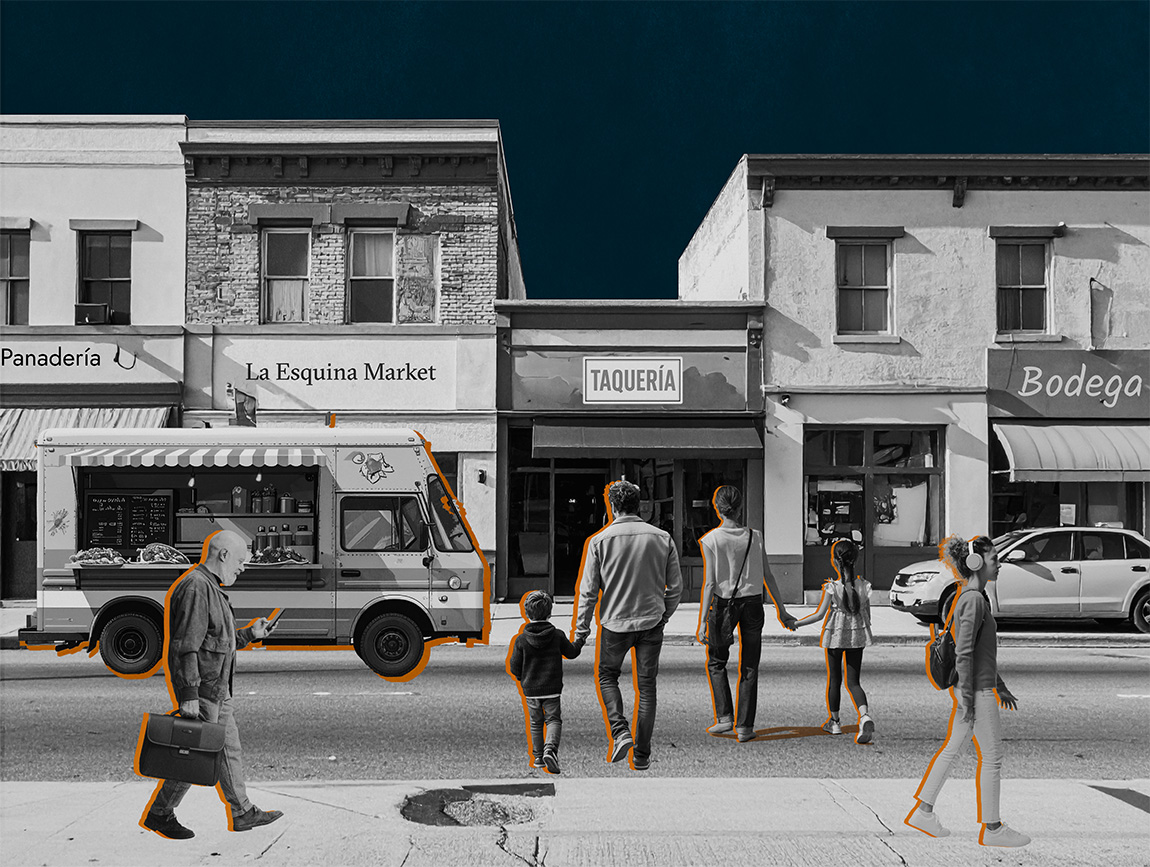
The Rise of Latino America
In The Rise of Latino America, Hernandez & Kotkin argue that Latinos, who are projected to become America’s largest ethnic group, are a dynamic force shaping the nation’s demographic, economic, and cultural future. Far from being a marginalized group defined by oppression, Latinos are integral to America’s story. They drive economic growth, cultural evolution, and workforce vitality. Challenges, however, including poverty, educational disparities, and restrictive policies, threaten their upward mobility. Policymakers who wish to harness Latino potential to ensure national prosperity and resilience should adopt policies that prioritize affordability, safety, and economic opportunity over ideological constraints.

Exodus: Affordability Crisis Sends Americans Packing From Big Cities
The first in a two-part series about the Great Dispersion of Americans across the country.
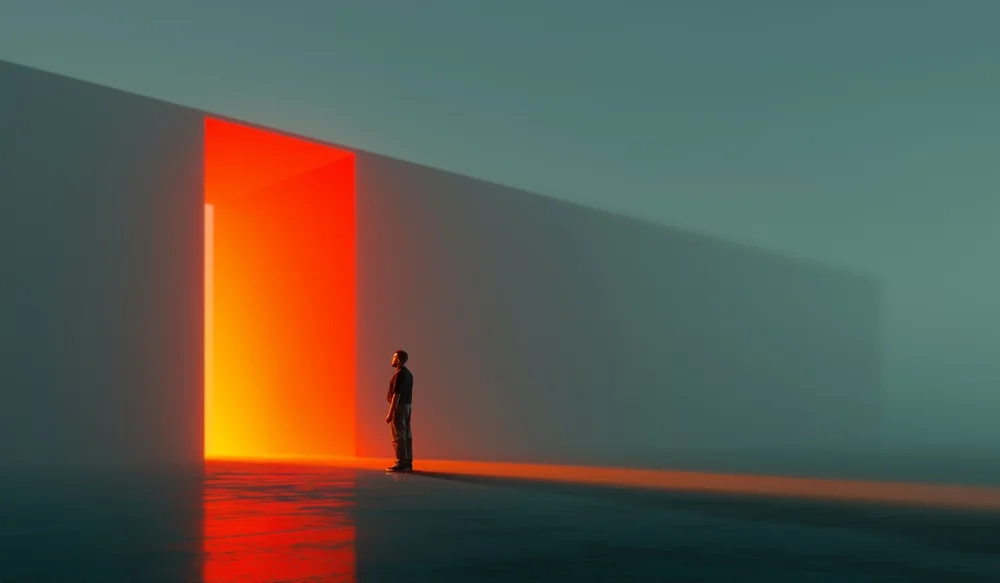
The AI Future: Between Certain Doom and Endless Prosperity
AI continues to become more complex and sophisticated, but public policy solutions do not.

The Castle, the Cathedral, and the College
Our civilization struggles to explain why anything should command allegiance beyond preference or power; its remnants echo a grandeur now distant.

